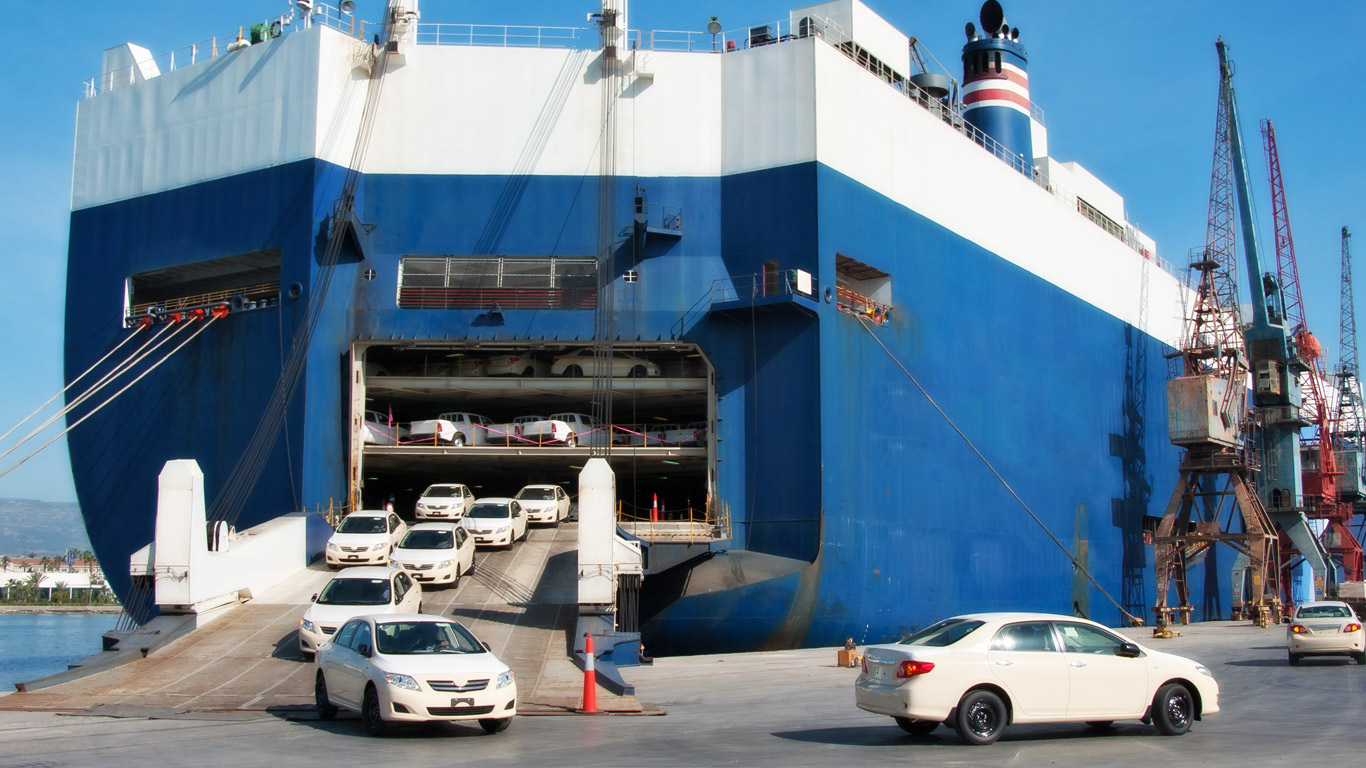This post has already been read 5833 times!
The United Kingdom’s decision to leave the European Union has sent shock waves around the globe as businesses and governments are currently trying to predict the trading implications of the vote. How is this likely to affect global supply chains?
As newspapers such as The Guardian report that the final outcome looks increasingly uncertain since the June 23 vote, traders are left wondering what the repercussions will be on their industries.
Much of this uncertainty has come from the legal status of the vote. FXCM states that the referendum was advisory rather than mandatory, which in turn makes the decision to leave the EU not legally binding. This has left the Conservative government, headed by Prime Minister Theresa May, split between pushing for a soft Brexit, negotiating to stay in the single market, and a hard Brexit, no single market and no freedom of movement.
Single Market Offers Hope for Global Supply Chains
Global suppliers will hope that the government opts for staying in the single market as leaving it will have huge ramifications on trading goods to the UK and EU.
One global supply chain that could face big changes to production and trading is the automobile industry.
Hanno Kirner strategy director of British car company Jaguar told the Financial Times (FT) that trade barriers would “not only affect what we sell, but what we buy and it will ultimately damage our business and British jobs”.
The FT reports that Europe is the biggest market to the car industry with 60% of the cars made in the UK going to Europe. In recent years investors have poured money into the automobile industry based on the attraction of trading from the UK and using the country’s access to the single market.
There is a risk that if the UK does decide to forego the single market then tariffs would be imposed on imports and exports. This in turn could cause global suppliers based in the UK to move their headquarters and factories to mainland Europe.
Can Britain Follow Norway and Switzerland?
Some economists hope that the negative impact of Brexit on global supply chains will be minimal. Steve Banker writes in Forbes that he believes that when Brexit goes through, the government will follow the models of either Norway or Switzerland.
Can Britain still benefit from Brexit with a deal like Norway or Switerland? It's unlikely... Share on XNorway is part of the European Economic Area (EEA) which allows it to stay in the single market while setting their own laws on agriculture and fishing. Switzerland has a number of free trade agreements with the EU but is not part of the single market due to its banking sector.
While both models are ideal for global supply chains, if Brexit does go through, the UK is unlikely (unless through no other choice) to follow either model. To be part of the EEA or follow in Switzerland’s footsteps, the UK would have to unconditionally accept all the European laws that the British public voted against such as freedom of movement and paying large sums of money into the EU without having any control on EU regulations and laws.
The Likely Effects of Brexit on Global Supply Chains
The most likely outcome for global supply chains is that tariffs will be put on goods trading between the UK and EU, but that countries will seek to keep the price to a minimum.
The World Economic Forum in their article on British trade post-Brexit state “the terms on which trade is conducted may be further amplified if the financial markets are significantly deployed around the world.”
With cities such as Frankfurt and Singapore ready to take over from London as a leading financial and economic hub, global supply chains could see their trade flows moving to either Europe or Asia. One thing for certain is that traders and companies are going to have an interesting few years readjusting to changing trade rules.
You might also like…
[contentblock id=7 img=gcb.png]
- Will Brexit Beat Up Global Supply Chains? - October 6, 2016
